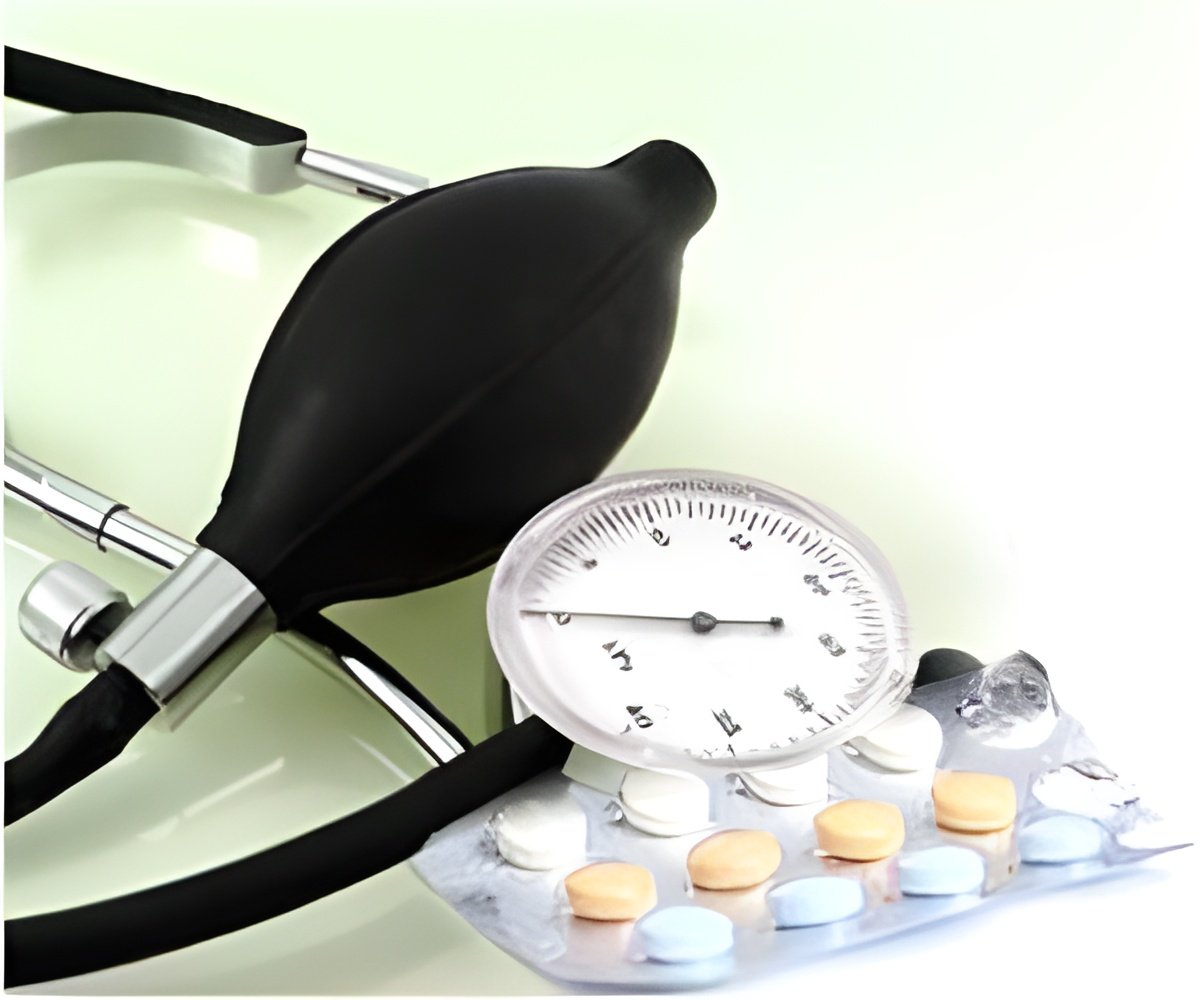
On Wednesday, Tokyo's Jikei University School of Medicine said it would retract research that appeared in respected medical journal The Lancet six years ago.
"We will report the conclusions of our investigation to Lancet so the study can be withdrawn," a university spokesman told AFP.
The school's probe concluded that the research, led by one of Jikei's professors, relied on data analysis by an unnamed former Novartis employee, who was also involved in at least one other school's research which has been thrown into question.
The fresh allegations come less than two weeks after Japan's health minister said it was very likely that tests for Valsartan were based on incomplete clinical data.
Jikei University's probe also found it had received about $85,000 worth of grants from Novartis for the study, pointing to a conflict of interest, it said.
Advertisement
On Monday, Yoshiyasu Ninomiya, head of the Swiss firm's Japanese unit, apologised for the involvement of an employee in university studies.
Advertisement
Novartis sells the drug under the name Diovan in Japan, where it is one of the most commonly prescribed drugs on the market. It is licensed for use in more than 100 countries.
Three other Japanese universities are investigating similar claims, local media reported.
Source-AFP












